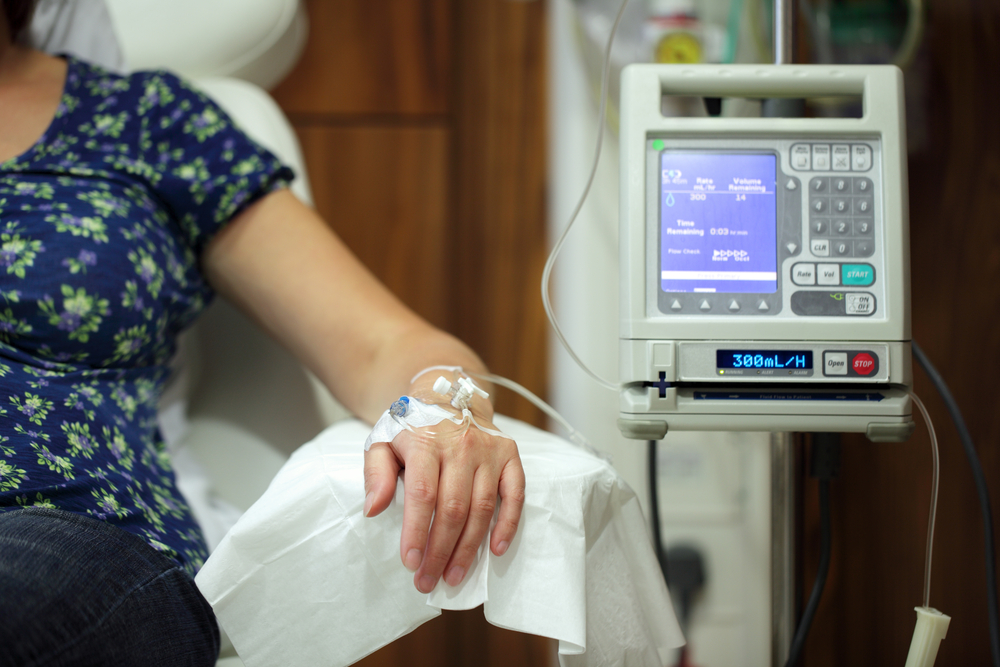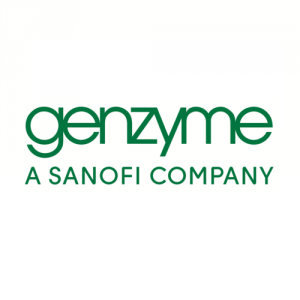Genzyme Clinical Trial for Relapsing-Remitting MS Enrolls 1st Patient

 Sanofi subsidiary and rare disease treatment specialist Genzyme has just announced the successful enrollment of the first participant in their multicenter Phase II clinical trial for the company’s pipeline intravenous drug for relapsing-remitting multiple sclerosis (RRMS), vatelizumab. This novel drug is composed of humanized monoclonal antibodies that specifically target activated, destructive immune cells, thus preventing collagen-binding during states of inflammation in multiple sclerosis, which helps reduce severity of symptoms and disease progression. To develop vatelizumab for RRMS, Genzyme has partnered with Inida-based Glenmark Pharmaceuticals.
Sanofi subsidiary and rare disease treatment specialist Genzyme has just announced the successful enrollment of the first participant in their multicenter Phase II clinical trial for the company’s pipeline intravenous drug for relapsing-remitting multiple sclerosis (RRMS), vatelizumab. This novel drug is composed of humanized monoclonal antibodies that specifically target activated, destructive immune cells, thus preventing collagen-binding during states of inflammation in multiple sclerosis, which helps reduce severity of symptoms and disease progression. To develop vatelizumab for RRMS, Genzyme has partnered with Inida-based Glenmark Pharmaceuticals.
“We are pleased to commence patient enrollment for our vatelizumab trial in relapsing MS,” said David Meeker, President and CEO of Genzyme. “This milestone demonstrates Genzyme’s long-term commitment to MS and aligns with our pipeline strategy to focus on areas of unmet need.”
Multiple sclerosis (MS) is a rare, chronic inflammatory condition that causes an autoimmune destruction of the protective myelin sheath around nerves, leading to progressive neurodegeneration. It is estimated to affect at least 300,000 Americans and 2.5 million people all over the world. Today, there is still no known cure, but there are 10 FDA-approved treatments for the relapsing-remitting form of the disease, one of which is an infusion treatment for unresponsive and worsening RRMS.
The study, called EMPIRE, will evaluate the efficacy of vatelizumab compared to a placebo in RRMS patients, along with its safety and pharmacokinetics. Eva Havrdova, MD, PhD of the MS Center at the Department of Neurology, Charles University in Prague, believes this trial will assess the drug’s ability to address the acute inflammation that drives MS disease progression, which is an essential focus of intervention if one hopes to slow the development of disabilities.
Genzyme has a research and development pipeline program devoted to multiple sclerosis, designed to address the unmet needs for safer and more effective MS treatments through selective immunomodulation, neuroprotection and remyelination. One of the MS products still waiting for FDA approval is Lemtrada (alemtuzumab), another promising monocolonal antibody indicated for RRMS, which has also shown efficacy in treating some types of leukemia and lymphoma. Earlier this month, Canadian province Quebec announced it will include Lemtrada in its public health coverage.






